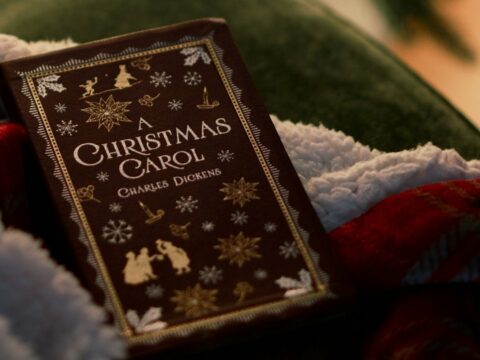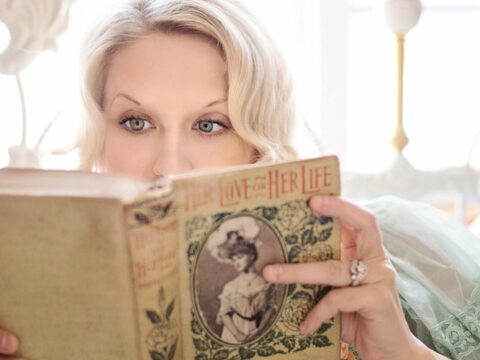I don’t think all writers are sad, she said. I think it’s the other way around—all sad people write.
Lang Leav
Over the years, I’ve met more than a hundred different writers. Most of them had more intense problems than your average human being. And yes, those experiences absolutely enhanced their creativity.
Don’t get me wrong, I think Lang Leav was on to something. I have met happy and talented writers, and I certainly don’t think angst automatically gives you writing chops. Read any bad poetry written by a teenager as evidence. At the same time, I have to admit that the truly prolific writers I’ve met, the ones whose words stopped me dead in my tracks and made my heart swell, all of them had been through some pretty awful things in their lives. And they turned that pain into great writing.
I don’t think being miserable is a prerequisite to being a great writer. Personally, I wouldn’t go into this line of work if that were true. But I do think that true creativity and the greatest stories out there are born from pain. Let me explain how.
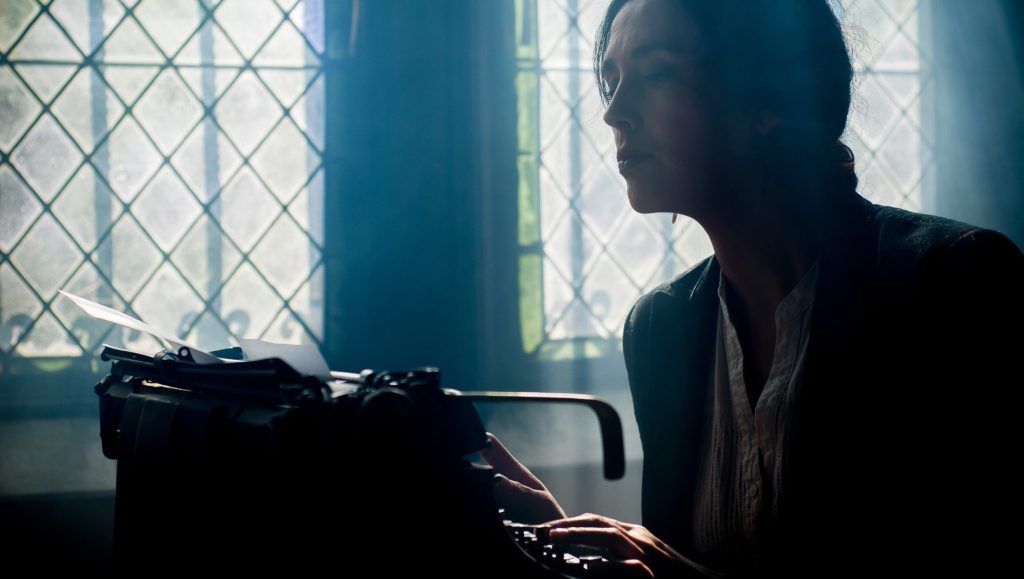
Les Misérables: Creating Classics from Tragedy
Back in college, I took a world literature class. That in and of itself isn’t remarkable since I took countless literature classes for my English major. But this one was my only literature class where most of the attendees weren’t English majors. And not really readers either.
We chewed our way through plays, novels, and essays from across the continents, talking about all the similar and different human experiences these writers shared. And most of what we read was utterly depressing. There was lots of death, loss, infidelity, unrequited love, illness, more death—you get the picture. What else would you expect from the classics?
In one particular discussion, a guy in my class raised his hand and asked, “Professor Snyder? Why do we read so much insanely sad stuff in this class? Like—aren’t there famous books that aren’t such downers?”
The handful of English majors all chuckled. The fact that he was asking at all made him a newbie to great literature. But then a girl behind me answered his question: “Well yeah, most classics are sad because more people can relate to them. Happiness is SUPER subjective all over the world, even for two people in the same family. But the stuff that makes people cry? Those things are universally tragic because they’re a key part of the human experience. That makes a story a classic.”
Chirp, chirp, chirp . . .
That girl had just blown everyone’s minds because she was so right. In the end, Wesley in The Princess Bride had it right too: life is pain. Anyone who says otherwise is definitely selling something, make no mistake.
The Pain in Books Is the Pain of Real People
In order to capture the human experience of being sad—and well enough for a story to become a classic—obviously these writers had to know something about pain themselves.
If you look back through history, a shocking number of talented writers, playwrights, and poets have led difficult and often tragic lives: Charles Dickens. Edgar Alan Poe. Virginia Woolf. Mark Twain. F. Scott Fitzgerald. Even J. K. Rowling as a more modern example. All of these people suffered hardships like abuse, death of loved ones, addictions, physical or mental illness, poverty, and heartache. And I can attest that all of these creators wrote incredible things that have withstood the test of time.
You write so beautifully. The inside of your mind must be a terrible place.
Anonymous
The anecdotal evidence of pain giving birth to creativity is there. But there’s also scientific evidence that pain does actually increase human productivity. Columbia University and the University of New South Wales have both conducted research on how sadness relates to creativity. Both sets of research found that negative feedback and negative moods in general increase focus, improve memory, enhance motivation, reduce bias, and heighten artistic expression.
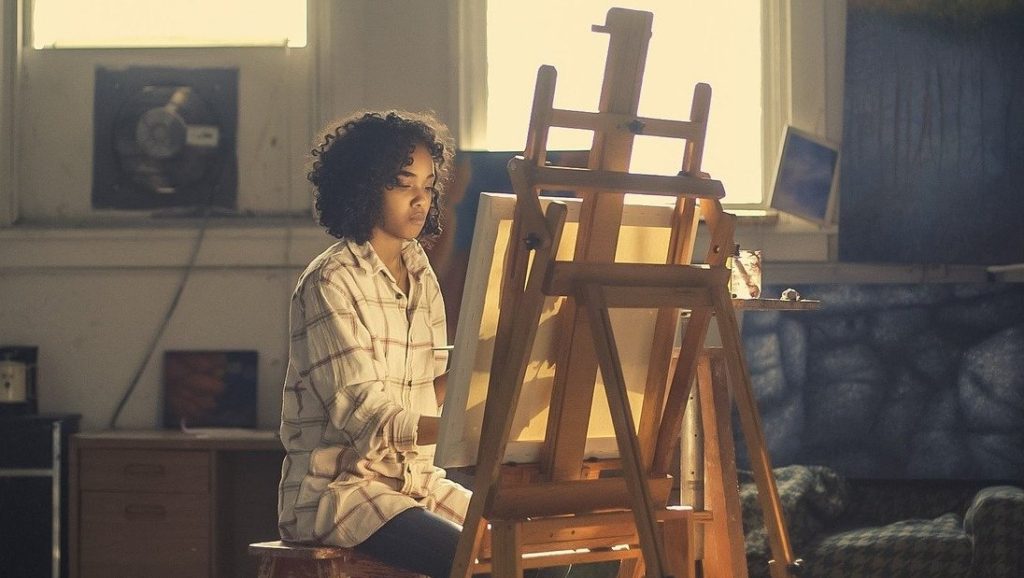
But the Real Question Is Why?
Why are the most tortured among us the most desperate to put their thoughts in harsh ink? I’ve heard theories before that sad writers are just trying to express the pain they’re feeling. To put it into words. But honestly, I don’t think that’s the reason at all.
I think sad people turn to creativity to escape.
Escapism is a huge part of writing and reading. I think writers escape into their work just as much—maybe more so—than readers like to escape into fun or cathartic stories. Reading is entertaining, but it’s also a chance to connect with the writer who wrote it.
Writers in pain aren’t just trying to share their own experiences. They’re trying to process their personal demons and perhaps make them smaller by naming them. I also know for a fact that writers gain a lot of insight and comfort by putting parts of themselves on paper as a way to reach out to other human beings and ask the tough questions:
Has this happened to you too?
Do you know what it’s like?
Are you listening?
Do you see me?
Does your life hurt this much?
At the end of the day, writing is a powerful outlet for grappling with painful experiences and turning pain into something meaningful. People create to cope with life’s worst moments, not to express the way they’re feeling, but to make it all hurt less.
These are the exact same people who express the realities of being human with the greatest amount of clarity, beauty, and realism.
Suffering is justified when it can become the raw material of beauty.
Jean-Paul Sartre
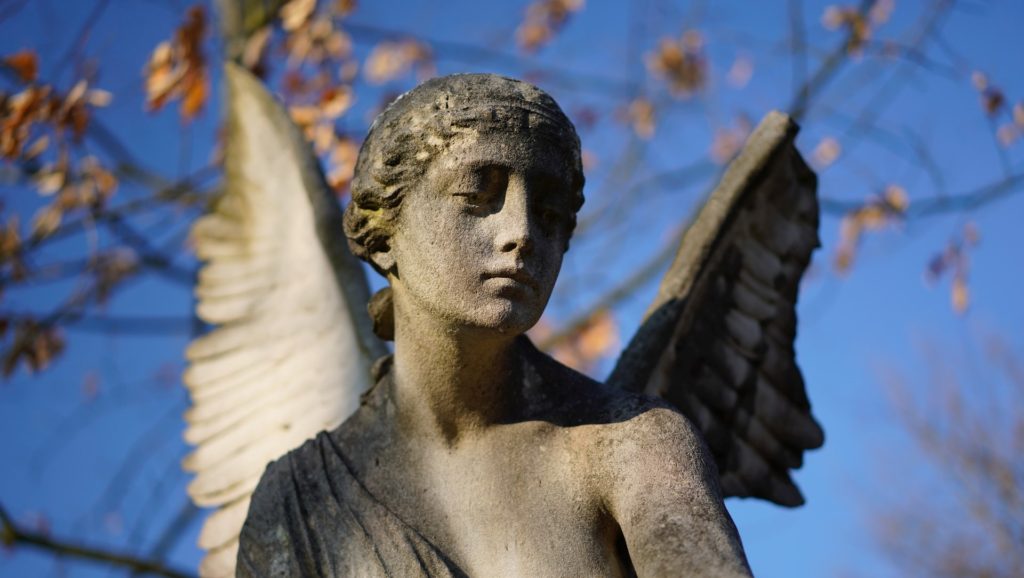
Admittedly, I’ve Experienced This Process Myself
I’m glad to say that in general I lead a very good life. But like most people, I’ve also been through valleys. The biggest one I ever went through was 2014, which was easily the worst year of my life.
It earned that title for a whole variety of reasons: a lost relationship that knocked the wind out of me. Crushing loneliness that made me withdraw from everyone who cared about me. Seven months of intense situational depression and physical illness, which is just the worst pairing. And a good job that turned unbearable thanks to a male chauvinist boss. Yep, I wouldn’t wish a year like that on anyone.
But 2014 is also the year I wrote the best novel I’ve ever written. It wasn’t a gloom and doom poetry anthology either. It was a young adult comedy about a teen witch with extreme clumsiness and a fantastically sarcastic personality. In fact, most people are shocked when they read that story and learn just how unhappy I was when I wrote it.
For me, writing that book was more than just a coping mechanism. It was a lifeline. It was me dumping a lot of frustrated creativity onto a blank page and trying to find the humor in some wretchedly painful experiences that I could either laugh about or cry about. And with how much crying I was already doing, in the pages of that book I just wanted to laugh.
So I did. When I go back and read it now, that book still makes me smile.
Pain Turned into Creativity Is Storytelling
Even after my worst year ended (thank goodness) the depth I gained as a writer was a permanent change in me. I still draw from those painful experiences when I’m writing today, and they really did increase my ability to write in a relatable way.
While it’s true that writers don’t have to be sad to be talented, I do think that great storytelling always starts with some shade of pain. Like a protagonist longing to be somewhere else. Or a dream waiting to be fulfilled. A problem to solve, a loss to reconcile, love yearning to be requited, or an adventure waiting to begin.
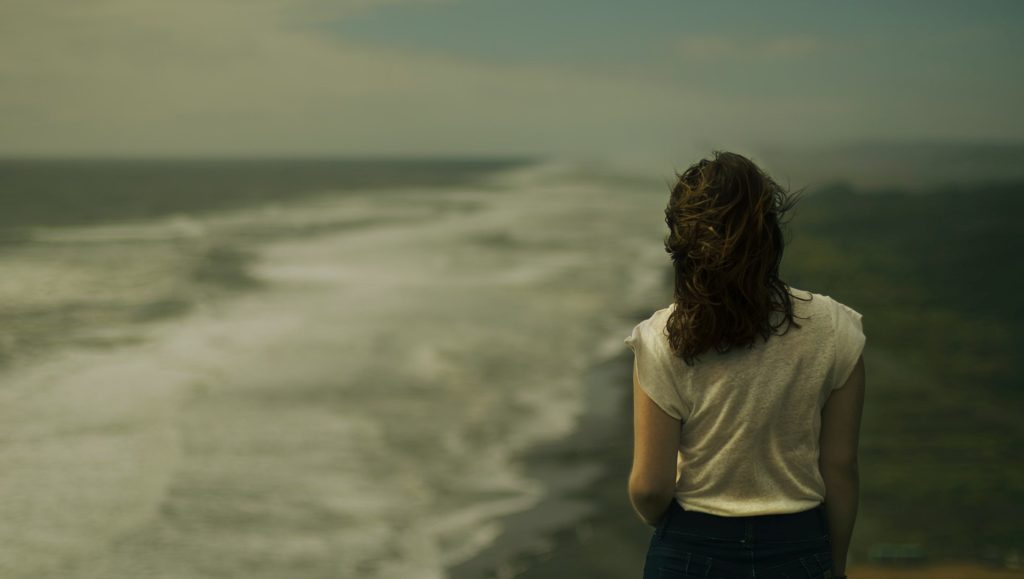
All storytelling seeks to turn problems into meaning, which I find to be so human and wonderful. And really, writers drawing from their own experiences and turning their pain into art is so much more than a struggle to escape misfortune. To me, turning your worst experiences into something beautiful is the ultimate act of refusing to be a victim. And that is worth celebrating. ❧
She never seemed shattered; to me, she was a breathtaking mosaic of the battles she’s won.
Matt Baker


